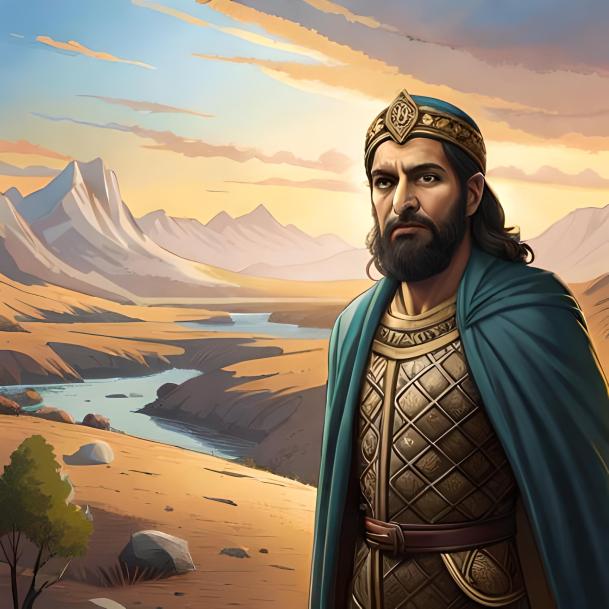Salah ad-Din al-Ayyubi, commonly known as Saladin, is an iconic figure in Islamic history. His life and accomplishments continue to inspire people around the world. From his remarkable military leadership to his chivalry and commitment to religious coexistence, Saladin’s legacy embodies the virtues of justice, honor, and compassion. In this article, we delve into the life and achievements of this renowned Islamic hero.
Early Life and Rise to Power:
Saladin was born in 1137 in Tikrit, a city located in present-day Iraq. He belonged to a Kurdish family of noble lineage and was raised under the tutelage of his uncle, Shirkuh, a prominent military commander. Saladin quickly exhibited exceptional military skills and leadership qualities, which caught the attention of the ruler of Egypt, Nur ad-Din.
Military Campaigns and the Battle of Hattin:
Under the patronage of Nur ad-Din, Saladin embarked on a series of military campaigns to unify Muslim territories. His determination and strategic prowess resulted in the capture of several key cities, including Damascus and Aleppo. However, it was the Battle of Hattin in 1187 that catapulted Saladin to international fame. In this pivotal battle, Saladin’s forces decisively defeated the Crusader armies, securing a significant victory for the Muslim world.
Reconquest of Jerusalem:
One of Saladin’s most renowned achievements was the reconquest of Jerusalem in the same year as the Battle of Hattin. While Saladin displayed military might, he also demonstrated exceptional chivalry and respect for his opponents. Upon entering Jerusalem, he ensured the safety and well-being of its inhabitants, regardless of their faith. Saladin’s magnanimous treatment of the conquered city earned him admiration and respect, even from his adversaries.
Champion of Religious Coexistence:
Saladin’s commitment to religious coexistence is a defining aspect of his legacy. Despite being engaged in military conflicts with the Crusaders, Saladin valued the peaceful coexistence of different religious communities. He allowed Christians to practice their faith freely, protected religious sites, and even permitted Christian pilgrimages. Saladin’s reputation as a just and magnanimous ruler transcended religious boundaries, earning him the admiration and respect of both Muslim and Christian populations.
Legacy and Influence:
Saladin’s influence extended beyond his lifetime. His military successes and principled leadership established him as a revered figure not only in the Islamic world but also in Western historical narratives. Saladin’s chivalrous conduct and commitment to justice left an indelible mark on the collective memory of humanity.
Furthermore, Saladin’s legacy continues to resonate in contemporary discourse, particularly regarding religious tolerance and peaceful coexistence. His example serves as a reminder of the importance of fostering mutual understanding and respect among diverse communities, regardless of religious or cultural differences.
Conclusion:
Salah ad-Din al-Ayyubi, known as Saladin, was a remarkable Islamic hero whose life and achievements continue to inspire people worldwide. From his early military campaigns to his triumphs on the battlefield, Saladin exemplified exceptional leadership and strategic acumen. However, it is his chivalry, magnanimity, and commitment to religious coexistence that truly set him apart. Saladin’s legacy serves as a timeless reminder of the virtues of justice, honor, and compassion, reminding us of the importance of embracing diversity and fostering peaceful coexistence in our world today.




